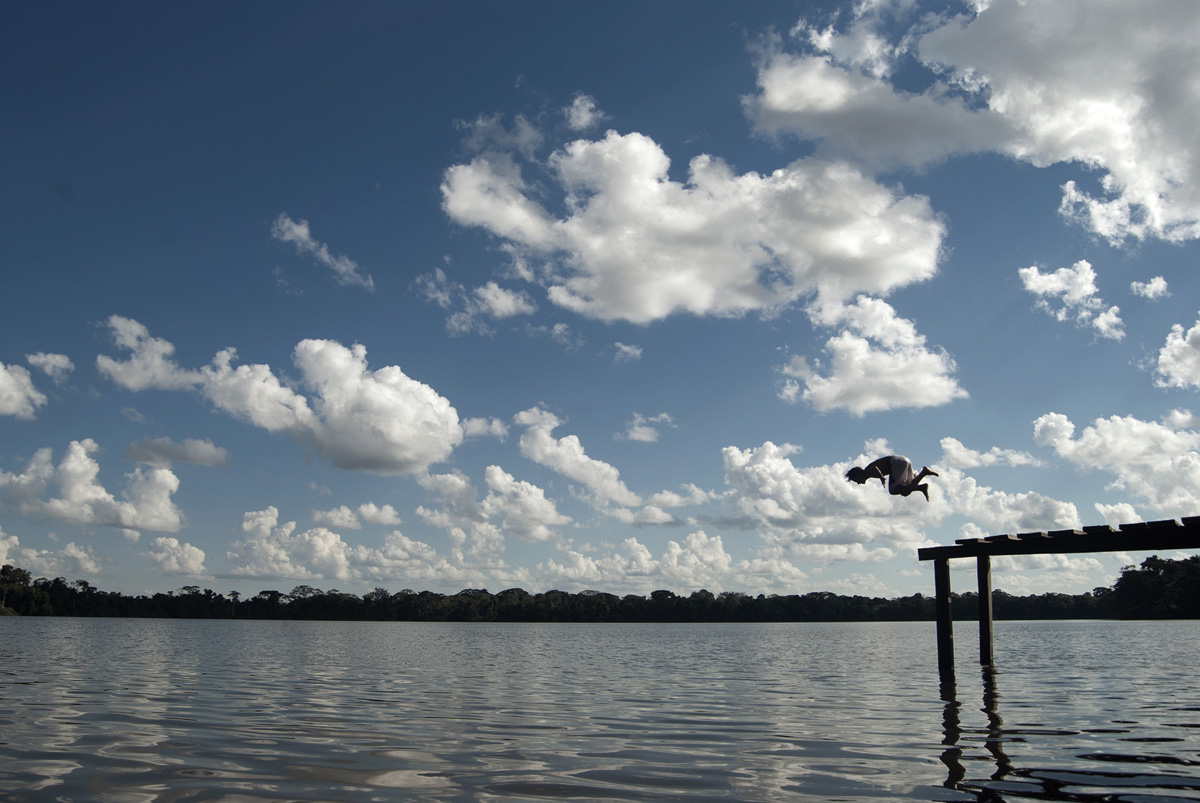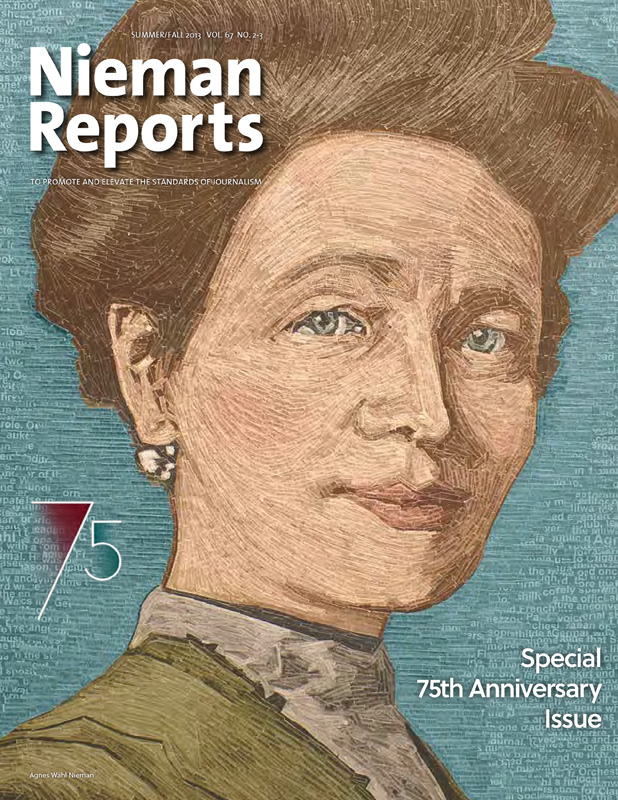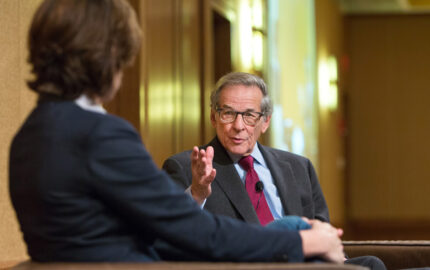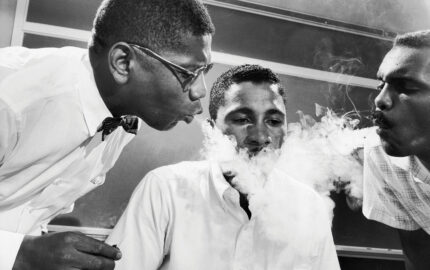The former editor in chief of the Bolivian daily Página Siete, Peñaranda is a fierce proponent of press freedom. To produce a series called “Journey to the Heart of Bolivia,” he sent reporters and photographers to towns so small that they don’t appear on maps

During my Fellowship year, my curator Bob Giles spoke about the responsibility of reporters to ask tough questions of powerful people. That statement reminded me of what I had long believed about journalism and was fundamental to my decision to launch the Página Siete newspaper after my Fellowship ended.
Since its founding in 2010, Página Siete has been an outspoken, independent voice at a time when President Evo Morales’s government confronts a shrinking opposition and controls, directly or indirectly, a growing number of media outlets. Our independence and our ability to ask tough questions have never been as important. We recently investigated the Bolivian government’s payment, in advance, of more than $25 million to the Chinese company General Marine Business for the construction of 16 riverboats and two tugboats. The ships were never delivered, and as a result of our investigation the government officials responsible for the purchase were arrested for breach of duty and signing contracts prejudicial to public funds. In another story, we uncovered how 54 students were improperly admitted to the National Police University. The police chief, who is appointed by the president, was removed from office and is facing trial.
From Bob Giles’s simple statement and my renewed sense of purpose during my Fellowship came a powerful idea: To practice the kind of journalism that strengthens Bolivian democracy.




